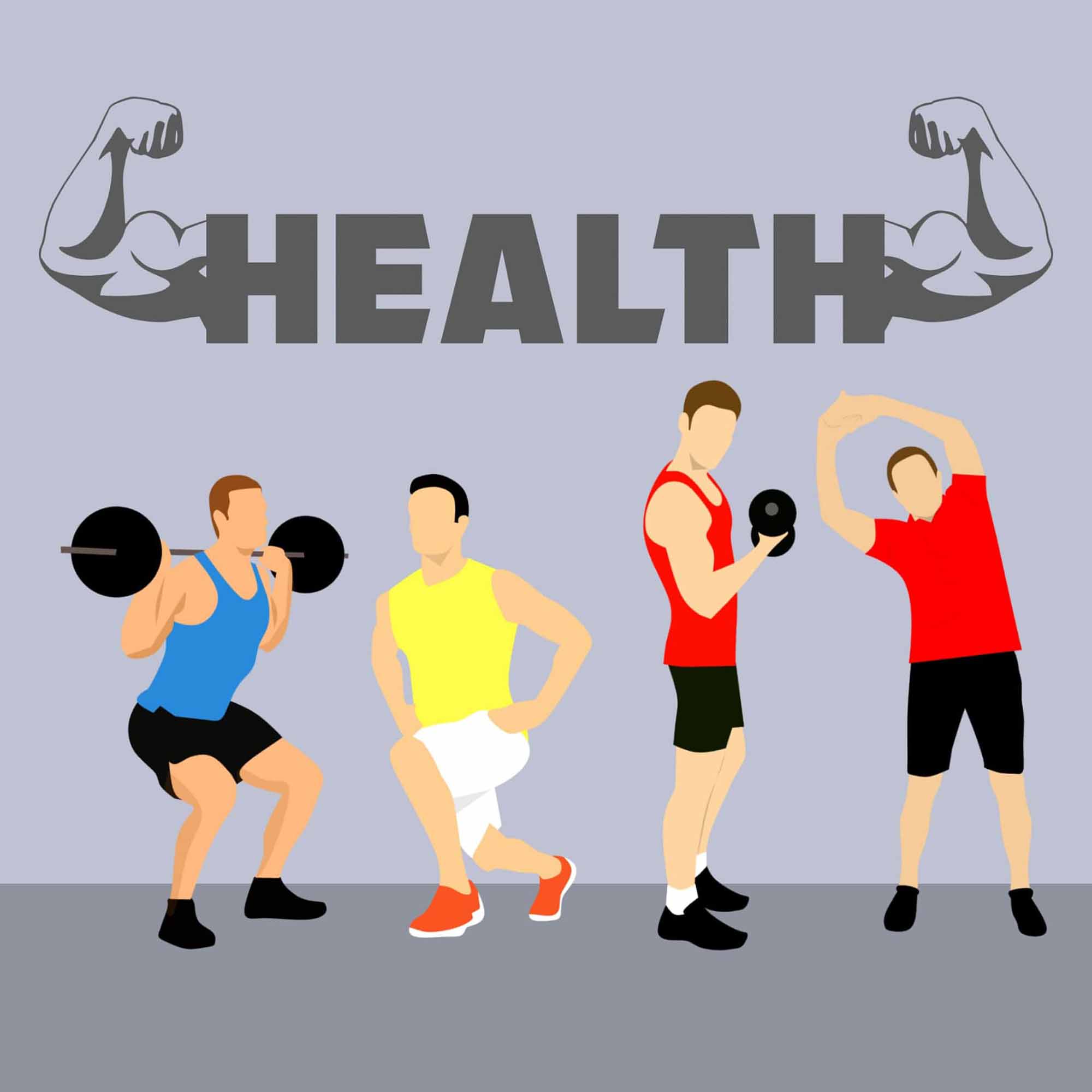Women Empowerment
Women Empowernment
“To awaken the people, it is the women who must be awakened. Once she is on the move, the family moves, the village moves, the nation moves”
Empowerment can be defined in many ways, however, when talking about women's empowerment, empowerment means accepting and allowing women who are on the outside of the decision-making process into it. Women’s empowerment is the most crucial point to be noted for the overall development of a country. The empowerment and autonomy of women and the improvement of their political, social, economic and health status is a highly important end in itself. In addition, it is essential for the achievement of sustainable development. The full participation and partnership of both women and men is required. Empowerment is the process that creates power in individuals over their own lives, society, and in their communities. People are empowered when they are able to access the opportunities available to them without limitations and restrictions such as in education, profession and lifestyle. Women Empowerment includes the action of raising the status of women through education, raising awareness, literacy, and training and also give training related to defense ourself. Women's empowerment is all about equipping and allowing women to make life-determining decisions through the different problems in society.
Problems and Need of women Empowerment
Since ancient times women are facing problems. Their oppression is persistent and universal and its solutions are complicated. Many prophets of women’s emancipation have come and gone, but discrimination against women and violation of human values still persists.
Gender issue is basically one that affects women directly or indirectly. In other words, any social evil perpetrated at the cost of women, any law or custom that reinforces and institutionalizes women’s inferior status in society, or any event or series of events that affects large number of women can be regarded as a gender issue. Gender issues are also those that galvanize large numbers of women into action, any such issues, which catch the attention of women’s groups, and subsequently of the media.
Some other problems include:
• Gender discrimination
• Lack of Women Education
• Female infanticide
• Financial constraint
• Dowry
• Low mobility
• Low need for achievement
• Marriage in same caste and child marriage
• Social status
•Family responsibility
Education: While the country has grown from leaps and bounds since independence where education is concerned. the gap between women and men is severe. While 82.14% of adult men are educated, only 65.46% of adult women are known to be literate in India. The gender bias is in higher education, specialized professional trainings which hit women very hard in employment and attaining top leadership in any eld.
Poverty:Poverty is considered the greatest threat to peace in the world, and eradication of poverty should be a national goal as important as the eradication of illiteracy. Due to this, women are exploited as domestic helps.
Health and Safety: The health and safety concerns of women are paramount for the wellbeing of a country and are an important factor in gauging the empowerment of women in a country. However, there are alarming concerns where maternal healthcare is concerned Professional.

Methods of Empowerment
The process of empowerment is multi-dimensional and it enables women to realize their full destiny and powers in all spheres of life. A woman’s empowerment begins with consciousness—perceptions about herself and her rights, her capabilities and her potentials, awareness of how gender and sociocultural and political forces affect her.
Political empowerment, economic development and social upliftment of women are necessary and desirable to fight myriad forms of patriarchal domination, and discrimination at every stage. In fact, women’s empowerment is central to the achievement of the triple goals of equality, development and social justice. And for that political participation is needed.
Social Women Empowerment: A critical aspect of social empowerment of women is the promotion of gender equality. Gender equality implies a society in which women and men enjoy the same opportunities, outcomes, rights and obligations in all spheres of life.
Educational Women Empowerment: It means empowering women with the knowledge, skills, and self-condense necessary to participate fully in the development process. It means making women aware of their rights and developing a condense to claim them.
Economic and occupational empowerment: It implies a better quality of material life through sustainable livelihoods owned and managed by women. It means reducing their nancial dependence on their male counterparts by making them a Signiant part of the human resource. Strengthening women's access to property inheritance and land rights is another method used to economically empower women. This would allow them better means of asset accumulation, capital, and bargaining power needed to address gender enqualities.
Legal Women Empowerment: It suggests the provision of an effective legal structure which is supportive of women empowerment. It means addressing the gaps between what the law prescribes and what actually occurs.
Political Women Empowerment: It means the existence of a political system favoring the participation in and control by the women of the political decision-making process and in governance.
The first and foremost priority should be given to the education of women, which is the grassroots problem. Hence, education for women has to be paid special attention. Awareness programs need to be organized for creating awareness among women especially belonging to weaker sections about their rights.
Women should be allowed to work and should be provided enough safety and support to work. They should be provided with proper wages and work at par with men so that their status can be elevated in the society. Strict implementation of Programs and Acts should be there to curb the mal-practices prevalent in the society.
Protection of Women from Domestic Violence (PWDV) Act, 2005. National Mission for Empowerment of Women (NMEW). Projects of One Stop Crisis Centres (OSCCs) in urban areas.
FOR ECONOMICAL EMPOWERMENT
- Swa-Shakti- Swayamsiddha
- Swawlamban Programme
- Support to Training and Employment Programme (STEP)
SUPPORT SERVICE
- Construction of Working Women Hostels- Creches
- Relief, Protection and Rehabilitation to Women in Difficult Circumstances
Institutional Services
- State Homes- Service Homes
- Working Women’s Hostels
- Vocational Training Centres
- Regional Tailoring Centres
- Craft Training Centres
- District Crafts including Tailoring Centres
-Women Technical Training Institute (WTTI)
Conclusion
A Vital need of the current age is to reform the social values and status of women. Society without women consider as body without heart. By providing same opportunities and importance then only gender equality maintained. With these the good values and level of family, society and ultimately nation raised .The best way of empowerment is perhaps through inducting women in the mainstream of development. Women empowerment will be real and effective only when they are endowed income and property so that they may stand on their feet and build up their identity in the society. The most important measure of their success should be the extent to which they enable women to interpret, apply and enforce laws of their own making, incorporating their own voices, values and concerns.
Hope, Faith & Strength Cure Depression.
- Women Helpline Punjab
Contact :1091 / 112 - Women Helpline Amritsar City Only
Contact :9781101091 - Punjab Women
Commission SCO No : 57,58,59 Sector-17-C, Chandigarh
Contact :0172-2712607 , 0172-2783607

HEALTH & FITNESS
Regular exercise improves respiratory, cardiovascular health, and overall health.
Healthy mind rests in a healthy body.

COVID-19
Corona Virus can mutate. It can even be harmful to the virus's survival, but some can make it more infectious or threatening to the host - humans!

DRUG ABUSE
Drug education enables children, youth and adults to develop the knowledge, skills, and attitudes to appreciate the benefits of living healthily.